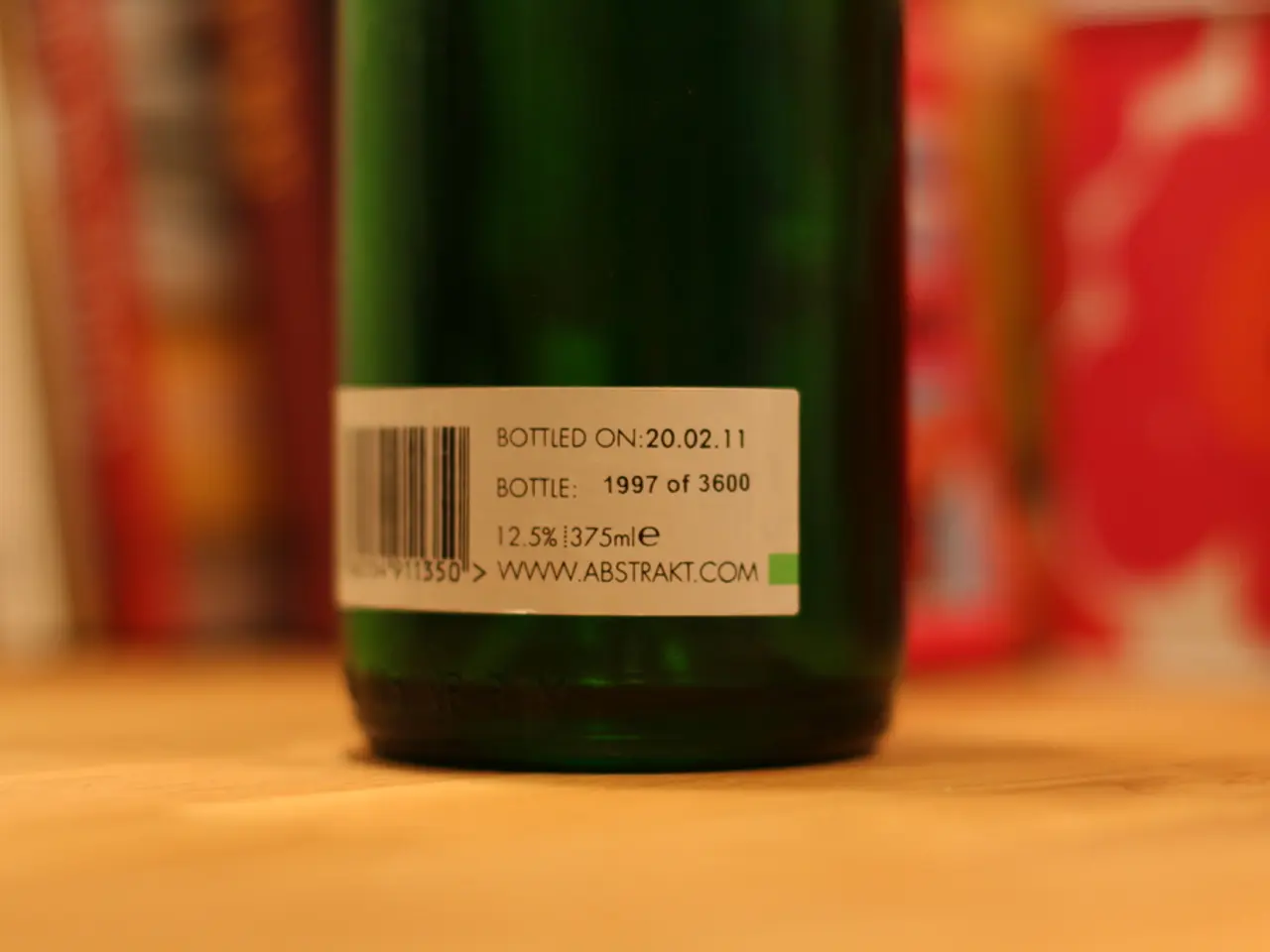Impact of Tariffs on Hannover's Export-Oriented Companies: A Closer Look
Companies in Hannover Expressing Fresh Anxieties Over Customs Agreement - Consultation by Commission on draft directive addressing worker safety from ionizing radiation risks
The ongoing global trade tensions and policy changes, particularly those surrounding tariffs, are having a significant impact on Hannover's export-oriented industries. These industries, which include mechanical engineering, automotive, electronics, and related sectors, are feeling the brunt of the U.S.'s tariff policies and the resulting trade tensions.
Current Situation
Tariff Policies and Trade Tensions
The U.S. has been imposing tariffs on imports from various countries, including Germany, affecting Hannover's export-oriented companies. The U.S.-China geopolitical competition and tensions with other nations like Canada and South Korea further complicate the trade environment.
Impact on Logistics and Trade
The reduced import values, as seen in a 15% drop in U.S. import values in May 2025 compared to previous periods, indicate a potential decrease in trade volume. This can have a significant impact on logistics and supply chains.
Geopolitical Uncertainty
The geopolitical situation, marked by conflicts and rising nationalism, adds uncertainty to global markets. This uncertainty affects investment decisions and market stability, which are crucial for export-oriented industries in Hannover.
Future Implications
Strategic Adjustments
In response to the challenges posed by tariffs, companies in Hannover may need to make strategic adjustments. This could involve diversifying supply chains, negotiating with partners to absorb some of the costs associated with tariffs, or implementing strategic pricing and cost management.
Market Recovery
Despite the current challenges, there is optimism about a gradual economic recovery. As confidence in international trade returns, these industries may see increased investment.
Technological Advancements
Events like EMO Hannover emphasise the importance of technological advancements, such as AI, in driving industry growth. Companies that adapt to these advancements may find opportunities to offset trade-related challenges.
A survey conducted by IHK Hannover sheds light on the impact of tariffs on Hannover's companies. Among the sectors most affected by the survey are mechanical engineering, metallurgy, chemistry and plastics, electronics, and the automotive industry. The survey reveals that 90 percent of companies with direct US business expect negative impacts, and 90 percent of companies surveyed want to increase prices for US customers, either fully or partially.
As the EU Commission continues negotiating with a focus on reliability and economic improvements in a freer transatlantic trade, it is crucial for companies in Hannover to have at least sufficient planning security, as the tariff compromise is not guaranteed. Companies should strive to navigate these challenges and seize opportunities for growth in the face of ongoing trade tensions.
[1]: Continental plans to produce more in the US due to tariffs [2]: Hoppe emphasises the need for planning security amid tariff uncertainties [3]: Geopolitical tensions and trade policies affecting Hannover's industries [4]: U.S. import values drop due to tariffs
- In light of the increasing tariffs, Continental, a significant player in Hannover's industrial sector, is planning to produce more within the United States to mitigate the impact of these policies on their export-oriented business.
- Hoppe, a representative from a Hannover-based company, is urging for increased planning security amid the uncertainties surrounding tariffs and geopolitical tensions, as these factors significantly affect Hannover's industries, including mechanical engineering, metallurgy, chemistry and plastics, electronics, and the automotive industry.




